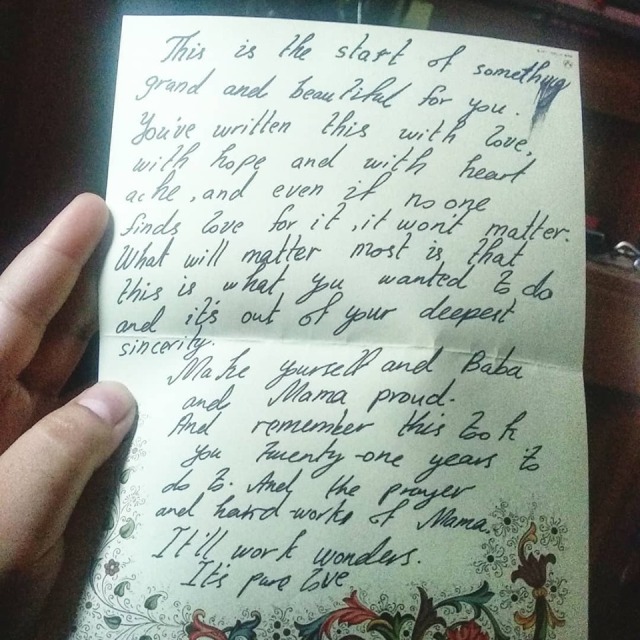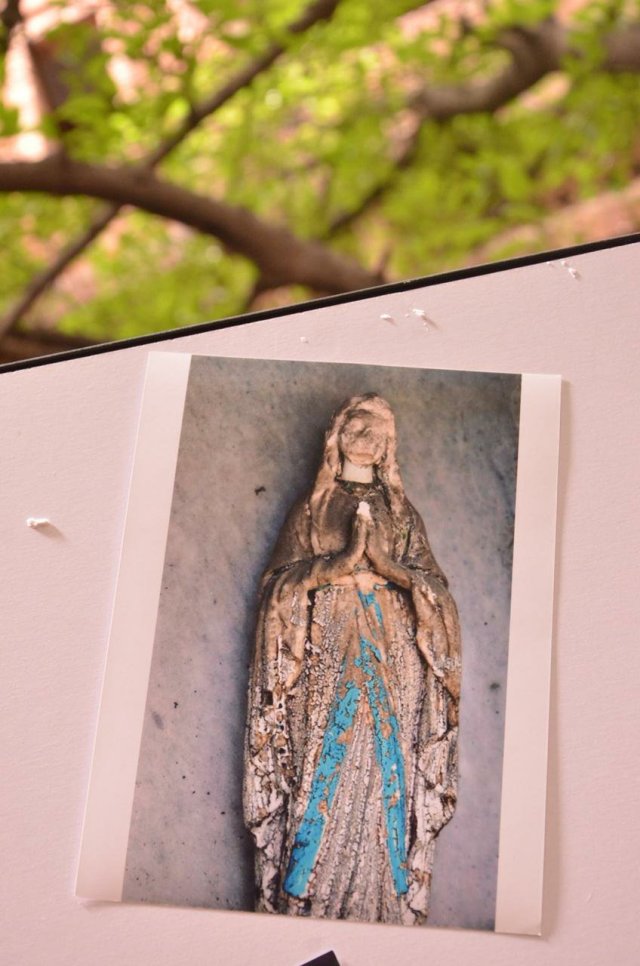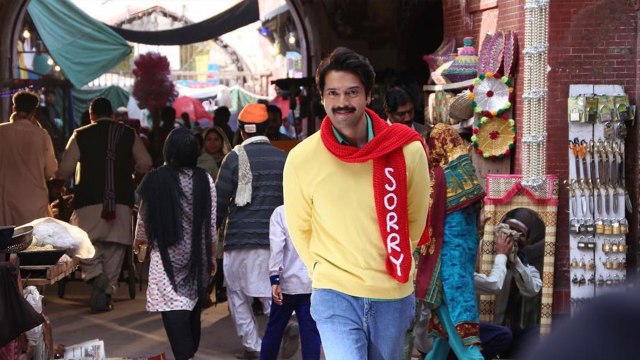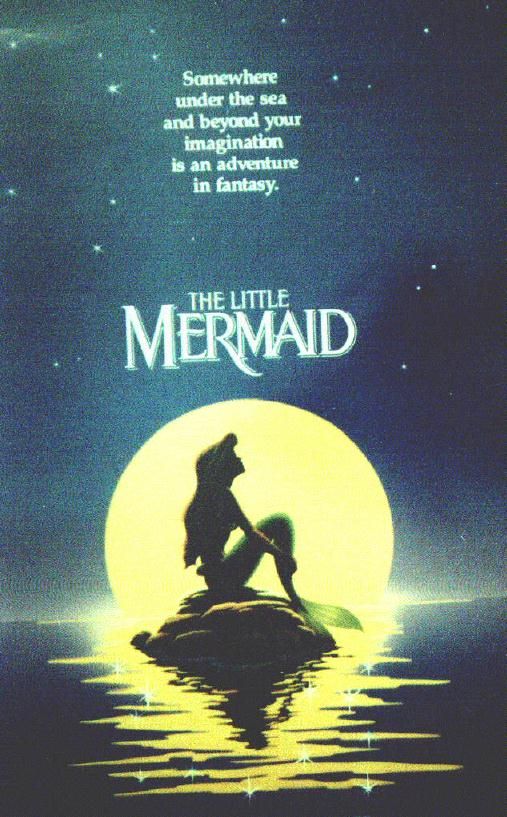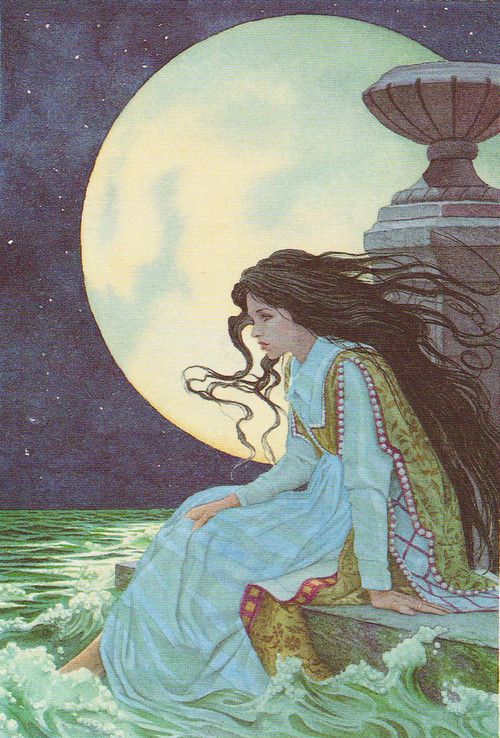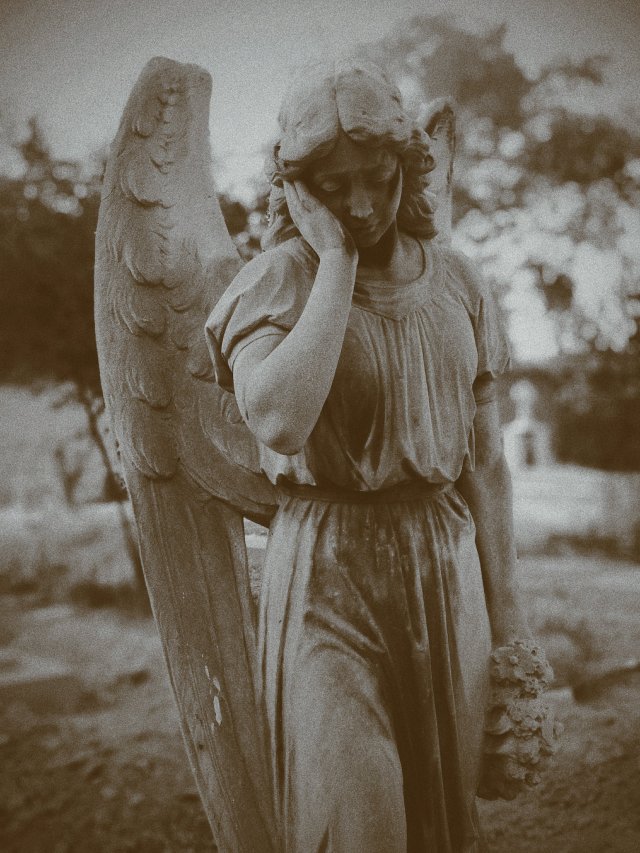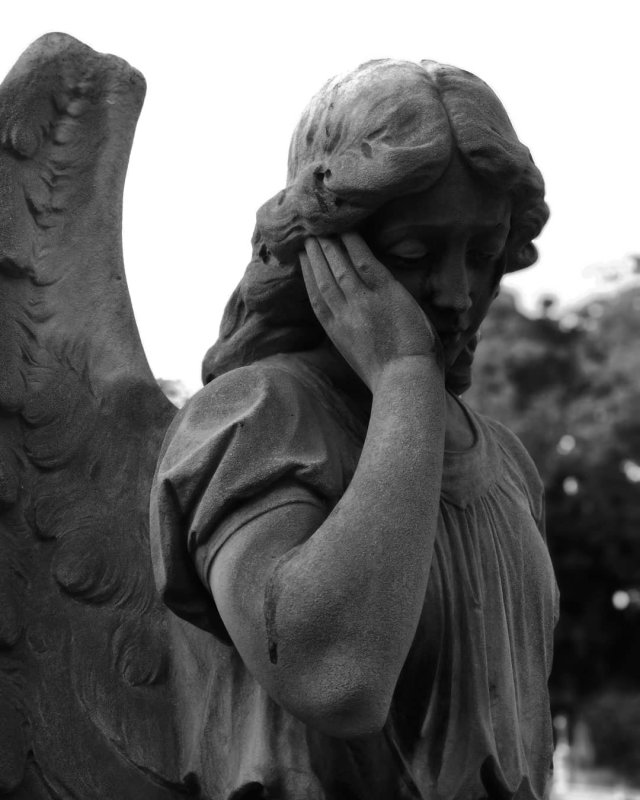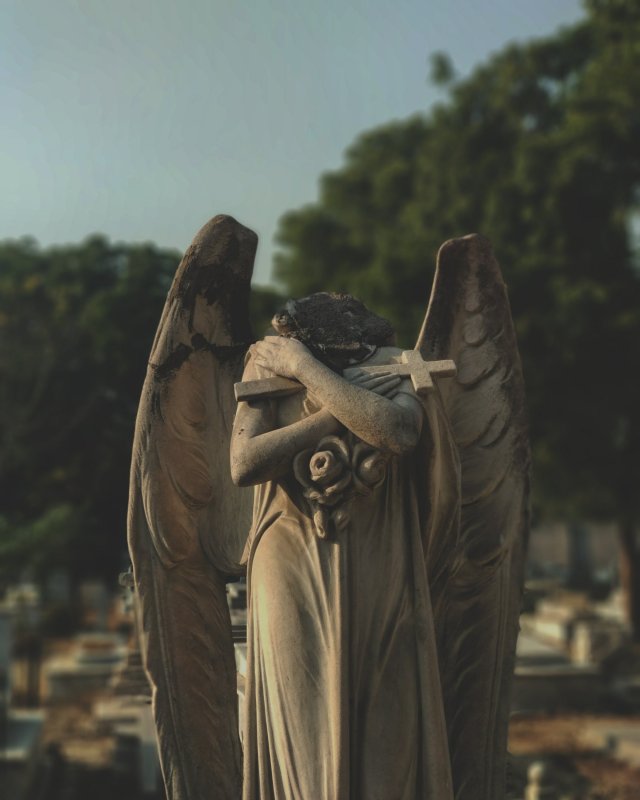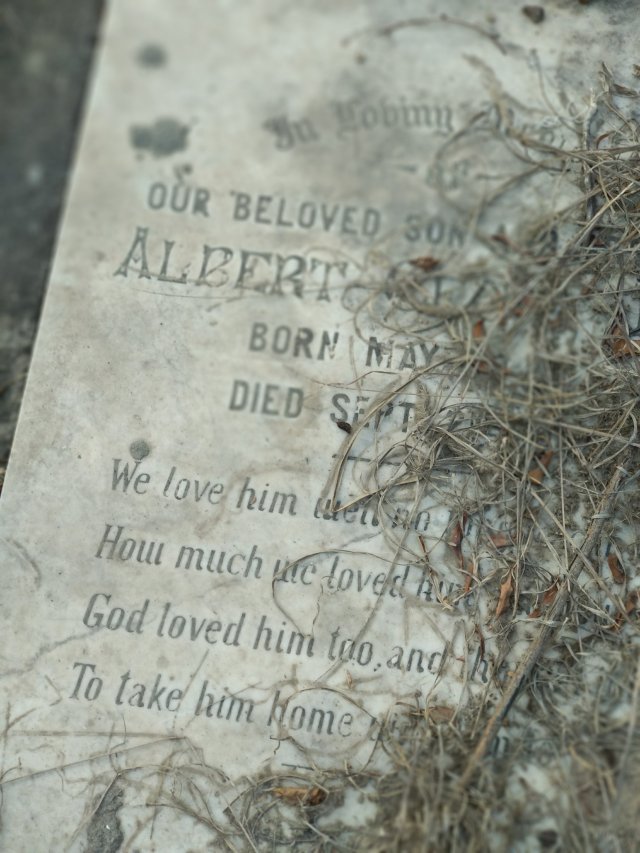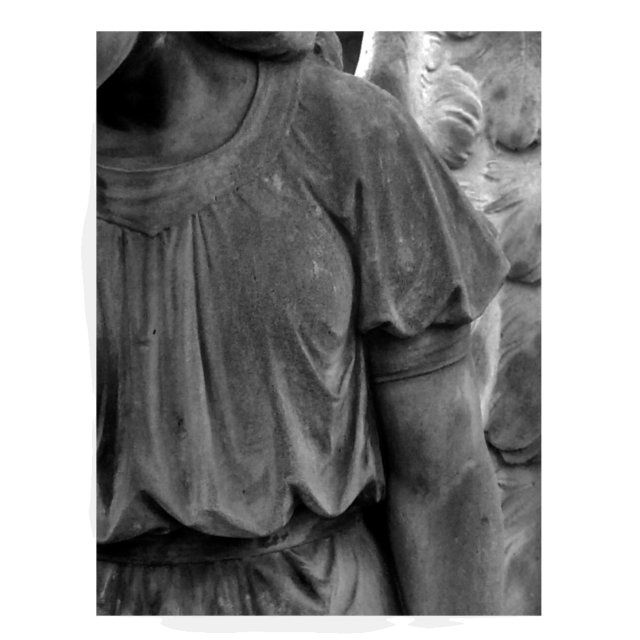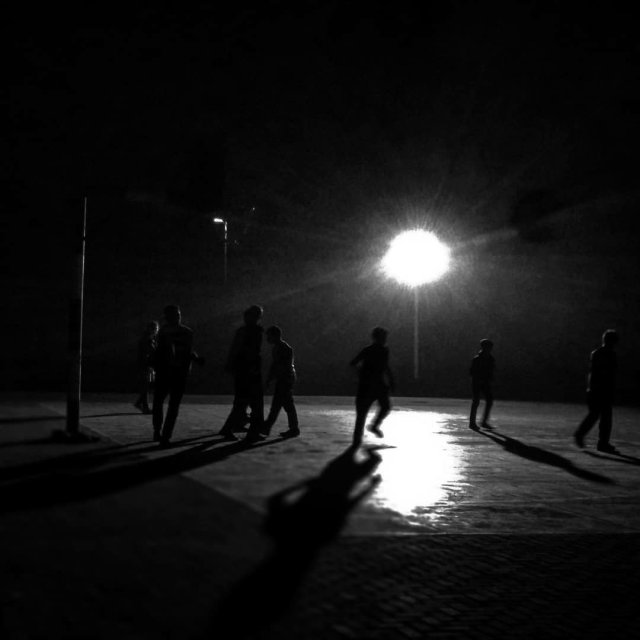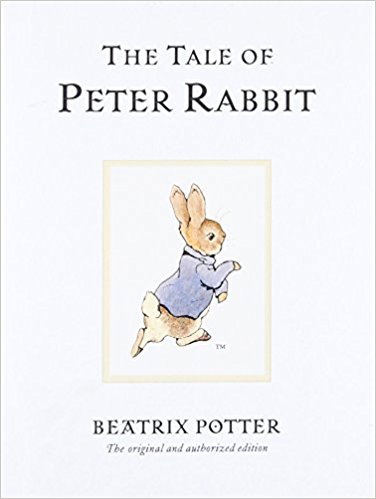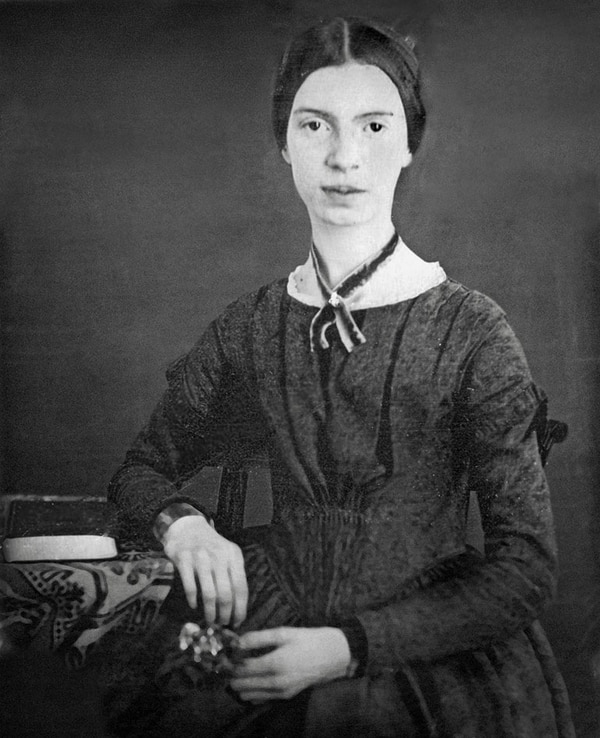Hi everyone. Since all my grades are up for these subjects, I would like to post them here. These were all last-minute, sped up, desperate attempts to actually something good enough to be a term paper. I don’t feel like this is my best work, but hopefully my final thesis will be the best out of the whole class, and the most insightful thesis that the university has ever seen.
I’m going to turn heads and get awards just for that thesis. And make my family proud.
Plus please give me suggestions, critic and improvements tips.

American Novel (Term Paper)
The Old Man and the Sea
Name: Maheen Ahmed
Major: English Literature
Without a win: Tracing Nihilistic undertones and denial of failure within the
The overtones of positive Existentialism in ‘The Old Man and the Sea’
Introduction
‘The Old Man and the Sea’, is what projected Hemingway as a literary and masculine legend. It is a tale about an otherwise pathetic and insignificant sailor who has been unable to catch any fish but is determined to oppose the forces of nature, fulfill his hunting ambitions therefore becoming almost a biblical allegory for the defiant, heroic, ideal man who is be held as an example for positivity and greatness. It is under the consideration of several critics as a Moby-Dick adaption of ‘The Myth of Sisyphus’, because it lives up to the ideals of existentialism for fighting and opposing meaninglessness.
This research paper looks to question those ideas of the novel reinforcing these notions, and instead focuses on the inversion of these philosophical concepts, which is apparent in Nihilism.
Literature Review
Existentialism and further branches of its theories have been applied to ‘The Old Man and the Sea’, and on its own the novel is a reflection of the life philosophy that Earnest Hemingway held important for young men, and people of grand ambition. He wrote the novel during a time in his career when he had a likeness to the protagonist of the story, and in its inception became a literary hero. The story has mythical, historical, social and political and of course existential traits, and readers and researchers have been able to see and feel different aspects of the uplifting mentality that people can defeat nature.
The majority of the research done on the novel, regarding existentialism has been conducted to agree with Hemingway’s sentiments. In that they are able to relate with and assure all the notions of being the ‘Supreme Being’ who has strength, in without loss, and is able to defy human needs for greatness.
In ‘Man’s Interaction with Himself in The Old Man and the Sea with a view of Existentialism’, the researcher points out the narrative of how the old man is able to transcend his woes and his condition, by focusing of Sarte’s ideas of being, which insists that man is responsible for everything that is capable of happening to him.
In ‘Navigating the Absurd: Camus, Hemingway, and the Sea’ by Stephanie, the essay talks about the likeness between Sisyphus and Santiago, reinforcing and recognizing a lack of ‘Bad Faith’ in the novel, and insisting that there is no ill will within the protagonist and how the novel is a tale of confrontation and slaying the inner dragon.
To continue the string of existential analysis papers, is Dwight Eddins paper, ‘Of Rocks and Marlin’, he literates that the negation of Santiago’s efforts being destroyed and hurt, and his remaining dignified is makes him an ‘island of human dignity’.
Lastly a research paper titled ‘Existence of Human being as reflected in Ernest Hemingway’s ‘The Old Man and the Sea’ novel – an existential approach’, there is a discussion about the three levels of existential places of human existence, namely, ‘aesthetical, ethical and religious’ and how one may find of pin point them within the themes and characters in the novel.
Thus to conclude that the majority of work has been done on the positive side of the existential crisis, and there was rarely a mention of Nihilism. Nihilism is a the belief that there is no point in anything and that life is meaningless, and the aim of this paper is to see and find an argument that the novel and narrative need not be as hopeful as it has always been seen and analyzed.
This paper will trace out points that don’t agree with the philosophy of the previous research papers, and will not imagine Santiago happy.
Discussion and Analysis
‘The Old Man and the Sea’, starts at the failure of a sailor, who in the progression of the novel seems to have undergone a personal development or at least as a man who has proven himself and his worth to the reader and to the one boy he wishes to bond with, which would have one believe that this is a positive and inspirational tale, of a man beyond limits and reality. But then is that realistically how greatness is measured with the context of the time, and is this mindless will to capture and destroy the natural world really an image of spiritual and emotional transcendence.
The ‘Nothingness’ and ‘Meaninglessness’ of the character’s pathetic and hopeless existence is in his state in the novel, which is that of a low-class laborer, more a commodity to a consumerist society. He is described as poor, unlucky, old, alone, on welfare, unable to move on, and is fixated on a younger sailor who he himself fears to bring down with his bad luck. So the overall tone and mode around his is not of anything fulfilling on any level, he is without dignity, love and security all of which would suggest that he has very little to believe in and live for. So this grand heroic journey does not spring from self-determinism but from having nothing to live for or having something to ground him to the land, and put his life and health on the line. It would also explain his stubborn fixation with Manolin, whom he sees him own youth in, and is mentally obsessed with because he is one of the few people who actually cares for him, and he fears losing him. Therefore Santiago does not have any clear compass to self-worth but is doing his antics as an act of desperation and need.
“No one should be alone in their old age, he thought.”
― Ernest Hemingway, The Old Man and the Sea
To compare Santiago with Jake from ‘The Sun Also Rises’, and with Hemingway himself, we notice an obsession and compulsion towards exerting manliness and an attraction towards stereotypically, manly ideals and a battle between different personas of men, and they Santiago would come under the category of the strong man who is not easy to control or defeat. But then why is this theme so consistent and one-sided. It can be argued that the reason all these male-centric characters are like this is because in face of some failures, they are trying to heavily compensate for something by acting out and using physical strength, instead of something material or societal to boost their egos. Santiago goes on this hunt because the people have provided him with a complex about not being able to catch fish. This can be related with how Jake has no issue with the woman he loves being with other younger men because he realizes that he lacks the ability to fully commit to a romantic relationship with her, and to the expense of his feelings and health he makes her wishes come true. So for both men their activity is derived out of insecurities and not some ideal of being a strong human, as Albert Camus would have the Greek heroes, who defied the gods. This realization steals the essence or impact of all the positive and idealistic thoughts of the sad sailor, it adds a bitter almost delusional taste to his thought like,
Now is no time to think of what you do not have.
Think of what you can do with that there is”
― Ernest Hemingway, The Old Man and the Sea
Santiago can also be seen as someone who is in ‘denial’ of a lot of painful things, and depleting situations that he is in. The character is ashamed and bothered that he has been taken care of and have to take food from others just to survive. This hunt for the Marlin, therefore is a mid-life crisis and he trying to prove something to the world and to society at the expense of nature and not for the greater good of mankind, like Sisyphus who took the torture head on and also Prometheus. Santiago is in ‘denial’ of the fact that he must take care of himself, and that perhaps there is nothing wrong with being taken care of , he fears being powerless and out-of-control so controlling nature is symbolic of going against nature and aging itself. He is unable to accept this reality, so his mind and actions defend his psyche by bringing him to a near death situation, just to protect him from realizing that he has lost his youth, which would leave him to active pessimism. But he still has those dreams of the ‘Lions’, ‘White beaches’ and ‘Africa’, all of which he saw in his youth.
One major factor of Humanism and Existentialism is ‘Self-Actualization’ and being self –aware of one’s weakness and wanting to ‘Be’ and be better. But Santiago does not really change throughout the novel, his character does change or grow as much as the surroundings or the boy when he sees his hurt hands, and beyond that one must consider that Santiago is a senior citizen and as the saying goes, ‘you can’t teach an old dog new tricks’, so there is little possibility for change, development or having a positive view which is free of the horror and visualization of a Nihilistic ideals and reality.
Even in the way he views the natural world, he is continuously ‘projecting’ his internal hopes and calamities on to the animals, water and solar bodies. The natural world is not inspiring change, developmental or decency in him it is instead fueling his ‘passive nihilism’.
“It is good that we do not have to try to kill the sun or the moon or the stars. It is enough to live on the sea and kill our true brothers.”
― Ernest Hemingway, The Old Man and the Sea
Further on his need to destroy things and kill things like a noble savage, is reminiscent of what Nietzsche believed of the meaningless soul. To him, the building up of a lack of morality makes men more destructive and feel a need to capture or work without any consequences, but it is this destruction of all things that allows there a space for new life and change and innovative creation. So his killing of the fish is what sparks the climax and end of the personal guilt, he is released of his fire, but that does not mean that he has found himself or undergone anything spiritual, his duality is centered in animatistic and survival. And such environments for not ideal for bringing something better to the table, Santiago would after killing the fish would be left with a feeling of the same nothingness, only now he will need to hunt more to feel that drive and high again.
Where most critics and theoretical papers see his battle and unwillingness to lose as authenticity and adversity, but based on Maslow’s hierarchy of needs, Santiago is not in a position to work or act outside of paranoia and hunger and fear. His deprivation does not allow him to think or act well or in his senses. His being pulled into the sea by the strong fish is just a display of how powerless he is nature and the natural, but his insecurities and nihilistic existence is what compels him to hold on. Had he been living life to a certain standard he would not have anything to prove, and if had something to live for and something to channel his energy towards this destructive behavior would be unheard of, as happy, fulfilled people do not feel the need to move or change.
“My big fish must be somewhere.”
― Ernest Hemingway, The Old Man and the Sea
It is also significant to the idea of Nihilism that even with all his work and effort, by the end the sharks are able to destroy and eat away the Marlin, and this time he is unable to defy nature or be a grand human-being, and maybe this inability to change reality is what leads these absurdist heroes to be so strong in the face of defeat, is it enough for them that they tried? Or is this just their way of dealing with the loss and defeat, Santiago wanted that fish, he wanted and needed the big fish, so his eventual loss, might again just be ‘denial’ working to protect his feelings where his body and existence is broken.
To provide a counter argument one may agree with every previous paper on the matter and see the base level analysis of how determined and self-reliant Santiago is, he does give his all and his thoughts provide an air of magical realism which is kind of the masculine energy most male heroes are loved for, and it almost inspires the readers to actually want him to win, even if he fails in his own mind. Besides this protagonist and narrative is riddled with biblical references and allegories, so philosophy and science is secondary, as he is like a Christ like figure who wins in his defeat, and it was the journey and not the goal that strengthens him and his character. His pessimism is not as great or powerful an image as the blood on his hands, and that the boy is able to recognize his sacrifice, leaving the story as actually hopeful and inspiring.
Conclusion
To conclude it is just a point a perspective and actual analysis to be able to recognize the nihilistic discourse within the text, but that does not cancel or overturn the previous Existential research about the story. But to be able to see the story and character and struggle in its entirety is what will help further the research and understanding of a work of literature that embodies the human struggle either ethical or insane.
References:
https://www.goodreads.com/work/quotes/69741-the-old-man-and-the-sea?page=3
https://en.wikipedia.org/wiki/The_Old_Man_and_the_Sea
http://www.davidpublisher.com/Public/uploads/Contribute/574263bf71952.pdf
https://stanfordfreedomproject.com/multi-media-essays-on-freedom/navigating-the-absurd-camus-hemingway-and-the-sea/
https://www.iep.utm.edu/nihilism/
https://www.researchgate.net/publication/236749230_Of_Rocks_and_Marlin_The_Existentialist_Agon_in_Camus’s_The_Myth_of_Sisyphus_and_Hemingway’s_The_Old_Man_and_the_Sea
https://academyofideas.com/2012/11/active-and-passive-nihilism/
http://eprints.ums.ac.id/50601/14/PUBLICATION%20ARTICLE.pdf
https://www.slideshare.net/goswamigayatri/existentialism-in-the-old-man-and-the-sea-40214880
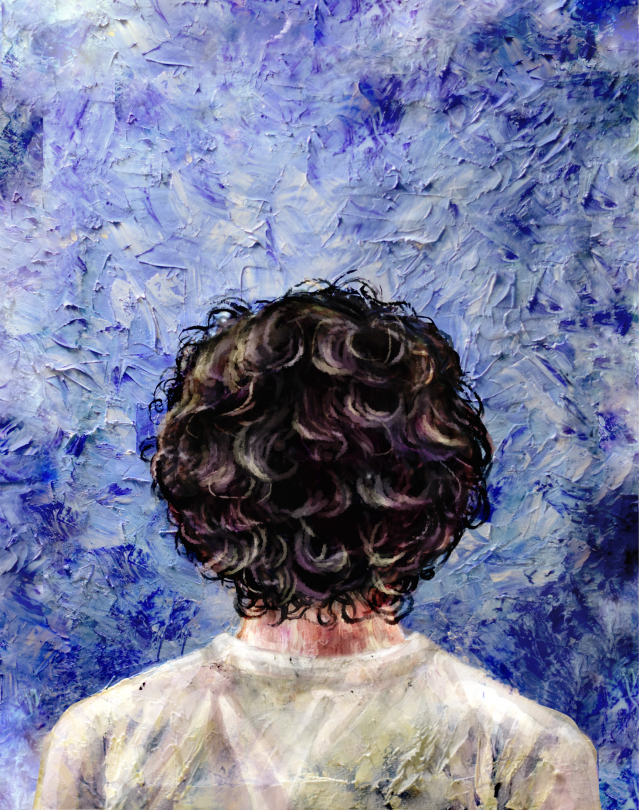 Hey everyone. I hope everything has been fine and blessed on your end, and today I’m going to talk about something very special and close to my heart.This year I got the chance to publish and launch my poetry book ‘Ramiz’. I had been working on it for about three or four years as a concept for a proper book, there had been multiple delays and distractions in between that got in the way. But that’s fine, because it wasn’t until this passing December that I finally felt that Ramiz was complete and ready for the world.So I’m going to talk about what Ramiz is about . Ramiz was a cousin of mine who we lost a couple of years ago, he died in between my uncle and my mama. During that time I wasn’t really writing anything, I was out of pretty much everything. I had given up on a lot of things. It was during that time that I wrote one poem about Ramiz, with his name as the title, on a rough page with black ink. And by some miracle I never lost that singular,flimsy page. Years after that I thought about writing more poems along the same theme,sound and feel. Initially it was about thirty pages, which I thought this was enough. By this time I was in my university, the first semester, I was working for my publisher and I figured that everything would happen really fast. But I kept on delaying things myself.So fast forward three years, Ramiz was completed with about fifty poems, one short story and one personal essay, and at the brink of the final semester. I wouldn’t really call the end perfect. I wasn’t able to fulfill the complete the mental image that I wanted, and everyone I wanted to be there wasn’t able to make it. But I’ve learned to not be so obsessed with images and dreams and take things as they are, and walk out of my mind. I was also able to have my first photography exhibition on the same day. My father was there, and I spoke rather well on stage, so I guess everything turned out fine.
Hey everyone. I hope everything has been fine and blessed on your end, and today I’m going to talk about something very special and close to my heart.This year I got the chance to publish and launch my poetry book ‘Ramiz’. I had been working on it for about three or four years as a concept for a proper book, there had been multiple delays and distractions in between that got in the way. But that’s fine, because it wasn’t until this passing December that I finally felt that Ramiz was complete and ready for the world.So I’m going to talk about what Ramiz is about . Ramiz was a cousin of mine who we lost a couple of years ago, he died in between my uncle and my mama. During that time I wasn’t really writing anything, I was out of pretty much everything. I had given up on a lot of things. It was during that time that I wrote one poem about Ramiz, with his name as the title, on a rough page with black ink. And by some miracle I never lost that singular,flimsy page. Years after that I thought about writing more poems along the same theme,sound and feel. Initially it was about thirty pages, which I thought this was enough. By this time I was in my university, the first semester, I was working for my publisher and I figured that everything would happen really fast. But I kept on delaying things myself.So fast forward three years, Ramiz was completed with about fifty poems, one short story and one personal essay, and at the brink of the final semester. I wouldn’t really call the end perfect. I wasn’t able to fulfill the complete the mental image that I wanted, and everyone I wanted to be there wasn’t able to make it. But I’ve learned to not be so obsessed with images and dreams and take things as they are, and walk out of my mind. I was also able to have my first photography exhibition on the same day. My father was there, and I spoke rather well on stage, so I guess everything turned out fine. So what is Ramiz about?Ramiz, I guess the book about dealing with someone not being there. Someone slipping away, and you having to live them no being there. It’s about feelings of loss,change,regret and pain, all packaged in symbols and beauty, without taking any names.It’s also about nostalgia, or the relationship we have with time, and how unreal it can feel at times, as nothing makes sense and we don’t know how to react to anything.It’s about love.And as a whole the book is about growing up, having personal closure and letting everything go.And I feel like it’s development mirrors my own growth and journey as a a mature person. The world just feels more open and welcoming now. It practically made me see the value in art and literature.Apart from that I want to say the writing is fairly simple, and easy to read. The color blue is very important to the context, images and theme of the book, I sort of inserted it into everything. And lyrically and sonic-ally the sounds follow a lot of nursery rhymes and slowly grow into more complex and dense sounds.And I’m going to keep on writing the future also, and have some fun ideas to work on. But I don’t think I will be able to give it the same dedication, tears and love as I have given Ramiz. Something so natural to my destiny.
So what is Ramiz about?Ramiz, I guess the book about dealing with someone not being there. Someone slipping away, and you having to live them no being there. It’s about feelings of loss,change,regret and pain, all packaged in symbols and beauty, without taking any names.It’s also about nostalgia, or the relationship we have with time, and how unreal it can feel at times, as nothing makes sense and we don’t know how to react to anything.It’s about love.And as a whole the book is about growing up, having personal closure and letting everything go.And I feel like it’s development mirrors my own growth and journey as a a mature person. The world just feels more open and welcoming now. It practically made me see the value in art and literature.Apart from that I want to say the writing is fairly simple, and easy to read. The color blue is very important to the context, images and theme of the book, I sort of inserted it into everything. And lyrically and sonic-ally the sounds follow a lot of nursery rhymes and slowly grow into more complex and dense sounds.And I’m going to keep on writing the future also, and have some fun ideas to work on. But I don’t think I will be able to give it the same dedication, tears and love as I have given Ramiz. Something so natural to my destiny.

